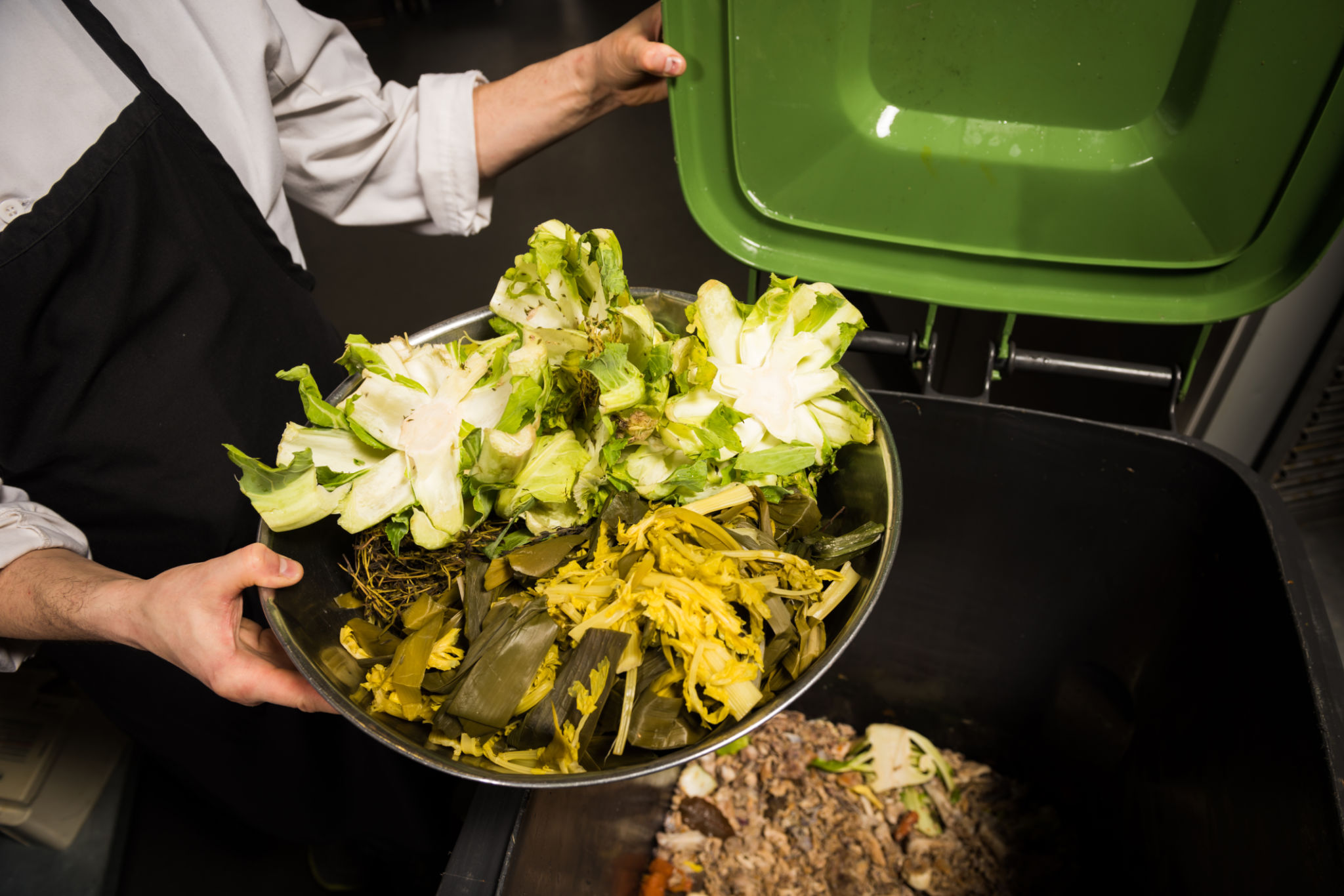Case Study: Successful Eco-Friendly Oil Collection in Buckinghamshire Restaurants
Introduction to Eco-Friendly Oil Collection
In recent years, sustainability has become more than just a buzzword; it is a vital component of responsible business practices. This is particularly true in industries where waste production is significant, such as the restaurant sector. In Buckinghamshire, a remarkable initiative has taken root, showcasing how eco-friendly oil collection can lead to both environmental and business benefits.
The program involves collecting used cooking oil from restaurants, which is then transformed into valuable resources. This initiative not only reduces waste but also promotes sustainable energy production. Let's delve into the specifics of how Buckinghamshire restaurants are successfully implementing this program.

The Process of Oil Collection
The process begins with participating restaurants gathering their used cooking oil in designated containers. These containers are specifically designed to ensure safe storage and easy transportation. Once filled, the oil is collected by a specialized service provider that manages the logistical aspects of the program.
This service provider plays a crucial role in ensuring that the collection process is efficient and hassle-free for restaurant owners. By using a streamlined approach, they minimize disruptions to daily operations while maximizing the amount of oil collected.
Transport and Conversion
After collection, the used oil is transported to a processing facility where it undergoes conversion into biodiesel. This conversion process is both environmentally friendly and economically viable, creating a sustainable energy source that can be used across various industries.
Benefits to Local Restaurants
Participating restaurants enjoy numerous benefits from this eco-friendly initiative. First and foremost, they contribute positively to environmental conservation by reducing waste and lowering their carbon footprint.
Additionally, many restaurants find that participating in this program enhances their public image. Customers increasingly prefer businesses that demonstrate a commitment to sustainability, which can lead to increased patronage and brand loyalty.

Financial Incentives
Beyond environmental and reputational benefits, there are also financial incentives involved. Restaurants can often receive compensation for the used oil collected, turning what was once considered waste into a revenue stream.
These incentives make it economically appealing for businesses to participate, further encouraging widespread adoption of the program throughout Buckinghamshire.
Challenges and Solutions
Like any initiative, the eco-friendly oil collection program faces challenges. One common issue is ensuring that all participating restaurants adhere to proper storage and collection guidelines. To address this, the service provider offers ongoing training and support to restaurant staff.

Another challenge is maintaining consistent participation levels. The program addresses this by fostering strong relationships with restaurant owners and regularly communicating the benefits of continued involvement.
The Future of Eco-Friendly Practices
The successful implementation of this oil collection initiative in Buckinghamshire serves as an inspiring example for other regions. As more areas adopt similar practices, the collective impact on sustainability could be substantial.
Looking forward, there is potential for expansion into other types of waste management and resource recovery, further cementing the role of restaurants as key players in environmental conservation.
Conclusion
The case study of Buckinghamshire's eco-friendly oil collection program illustrates how collaboration between businesses and service providers can lead to meaningful environmental change. By turning waste into resources, restaurants are not only reducing their ecological impact but also reaping economic benefits.
This innovative approach highlights the power of sustainable practices and sets a precedent for future initiatives aimed at creating a greener, more sustainable future for all.